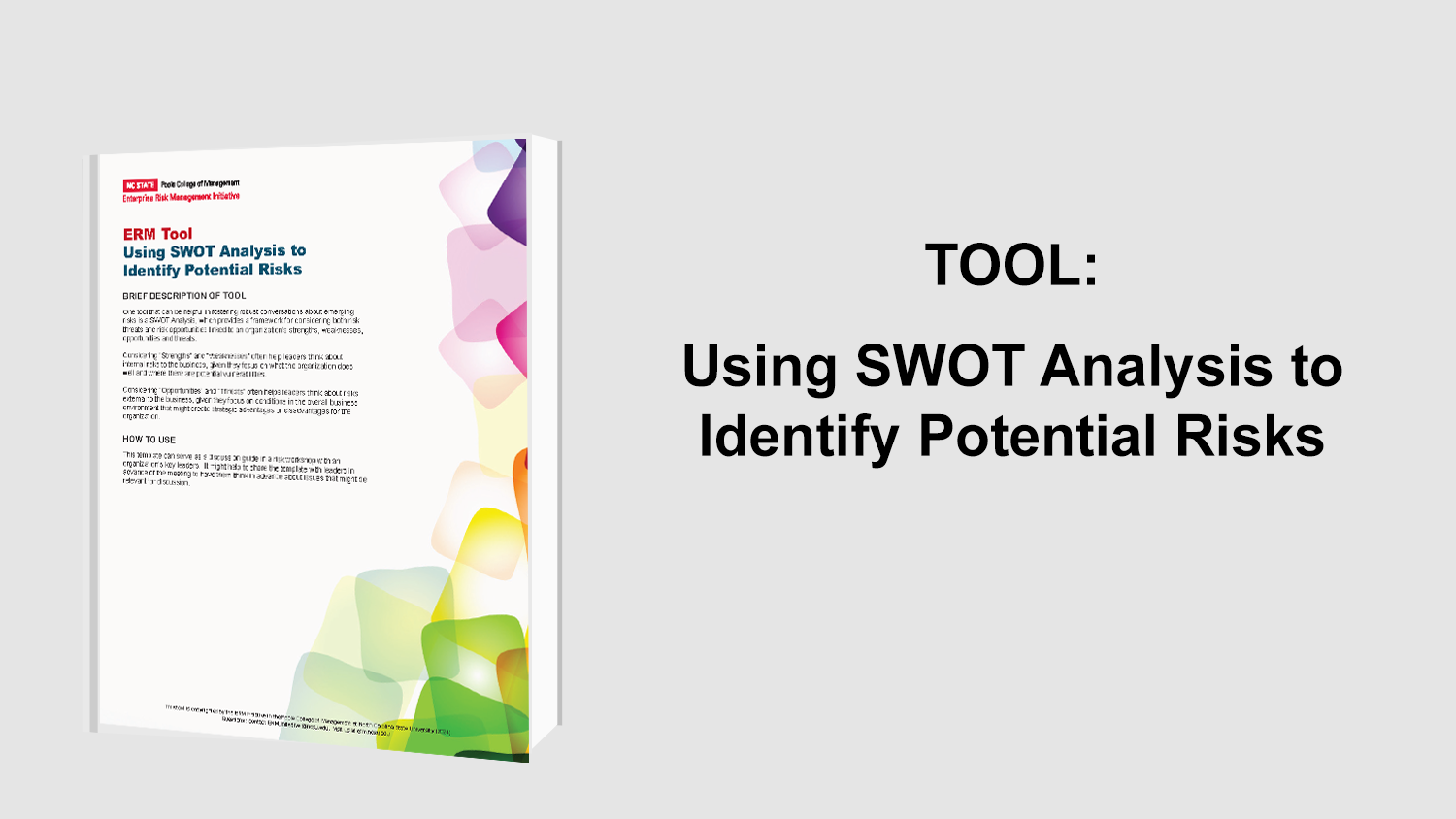Political Risks
Assessing Political Risk emphasizes the new challenges faced by CAEs as unstable global markets become more prevalent in today’s business world. Common risks companies face with global markets include volatile financial markets and supply chains, unstable political areas that provide crucial energy requirements, and fragile global supply chains due to increased foreign outsourcing of manufacturing. As companies continue to increase their business exposure abroad, the importance of understanding the Foreign Corrupt Practices Act (FCPA) and political trends and events that affect business decisions increases in significance. Political risks are just as crucial as financial factors when companies are faced with important decisions about global investments. There is too much at stake when companies base global business decisions exclusively on economic information without considering political risks.
The report, authored by Richard Chambers, highlights the key steps used to assess political risks are listed below:
- use a portfolio perspective when managing global investments;
- examine political stability and provide an assessment of this stability on business operations;
- review adequacy of assessment procedures and controls;
- study residual risks and decide if they are acceptable.
Internal auditors should evaluate the overall management of political risks. Important questions include:
- Do current risk management procedures include potential or relative exposure on a country-by-country basis?
- Does the company use a structured approach to identify risks that emerge from political changes?
- Are the current risk management controls appropriate for the numerous political risk events businesses face?
- How effectively does management address residual risks?
Original Article Source: “Assessing Political Risk,” Richard Chambers, August 2007
- Types:


